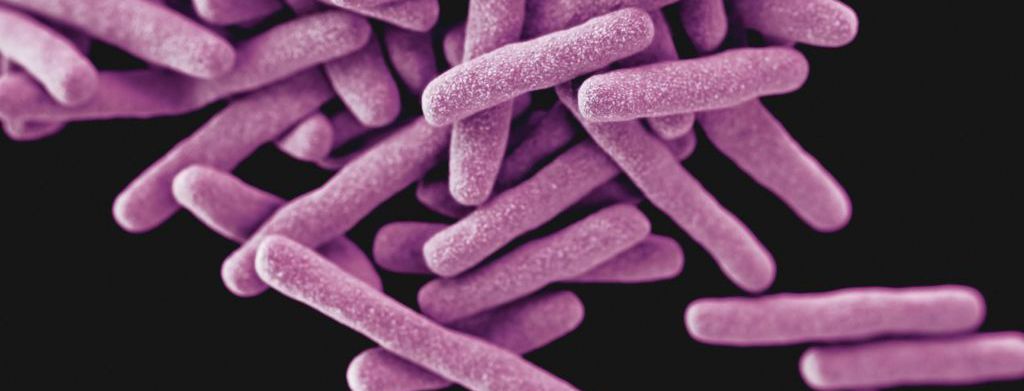
The Center’s mission is to “make life better” by challenging limits, extending bold, inclusive programs, and developing new partnerships with academia, industry, private foundations, and donors.
Mission:
The internationally awarded One Health Microbiome Center at Pennsylvania State University cultivates and disseminates long-lasting microbiome applications and knowledge. We harmonize our expertise in agricultural, environmental, and biomedical microbiome sciences with an integrative One Health vision. The Center fosters long-term working relationships while simultaneously providing infrastructure and resources to support transformative, interdisciplinary microbiome scholarship locally, nationally, and worldwide.

Strategic Plan:
Overall, our strategic plan aims to uphold the One Health Microbiome Center as a global leader in microbiome research, education, and outreach. We stand ready to adapt and advance the field of microbiome science, and contribute to solving real-world problems.
Diversity, equity, and inclusion: We will cultivate an inclusive environment that welcomes researchers from all backgrounds and promotes equitable access to resources and opportunities. We will actively work to eliminate biases and barriers that limit the participation of underrepresented groups in microbiome research.
Research infrastructure: We will continue to evolve state-of-the-art and cutting-edge technologies, equipment, and ideas to facilitate microbiome scholarship. We will empower and lead local research communities, as well as global scientific communities.
Education and outreach: We will create educational and outreach programs to increase public awareness and understanding of microbiomes and their roles in diverse ecosystems. We will also develop educational and training programs for students and early-career researchers to help them acquire the necessary skills and knowledge to succeed in scientific research.
- Interdisciplinary collaborations: We will promote interdisciplinary collaborations between researchers from different fields, including, but not limited to, the life sciences, physical sciences, arts, humanities, and social sciences to address complex and impactful microbiome-related opportunities. Our interactions will engage industry, foundation, donor, and government partnerships.